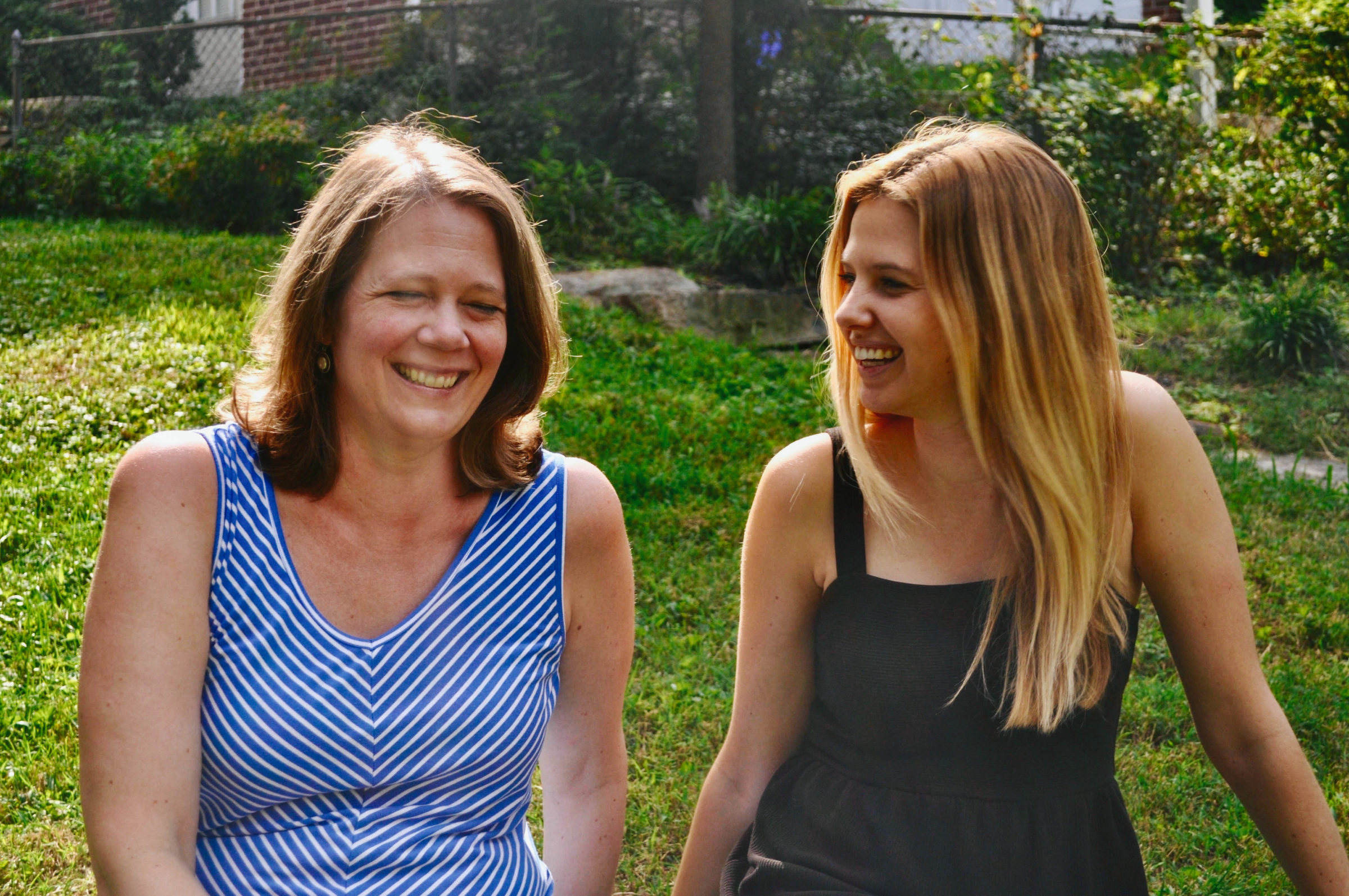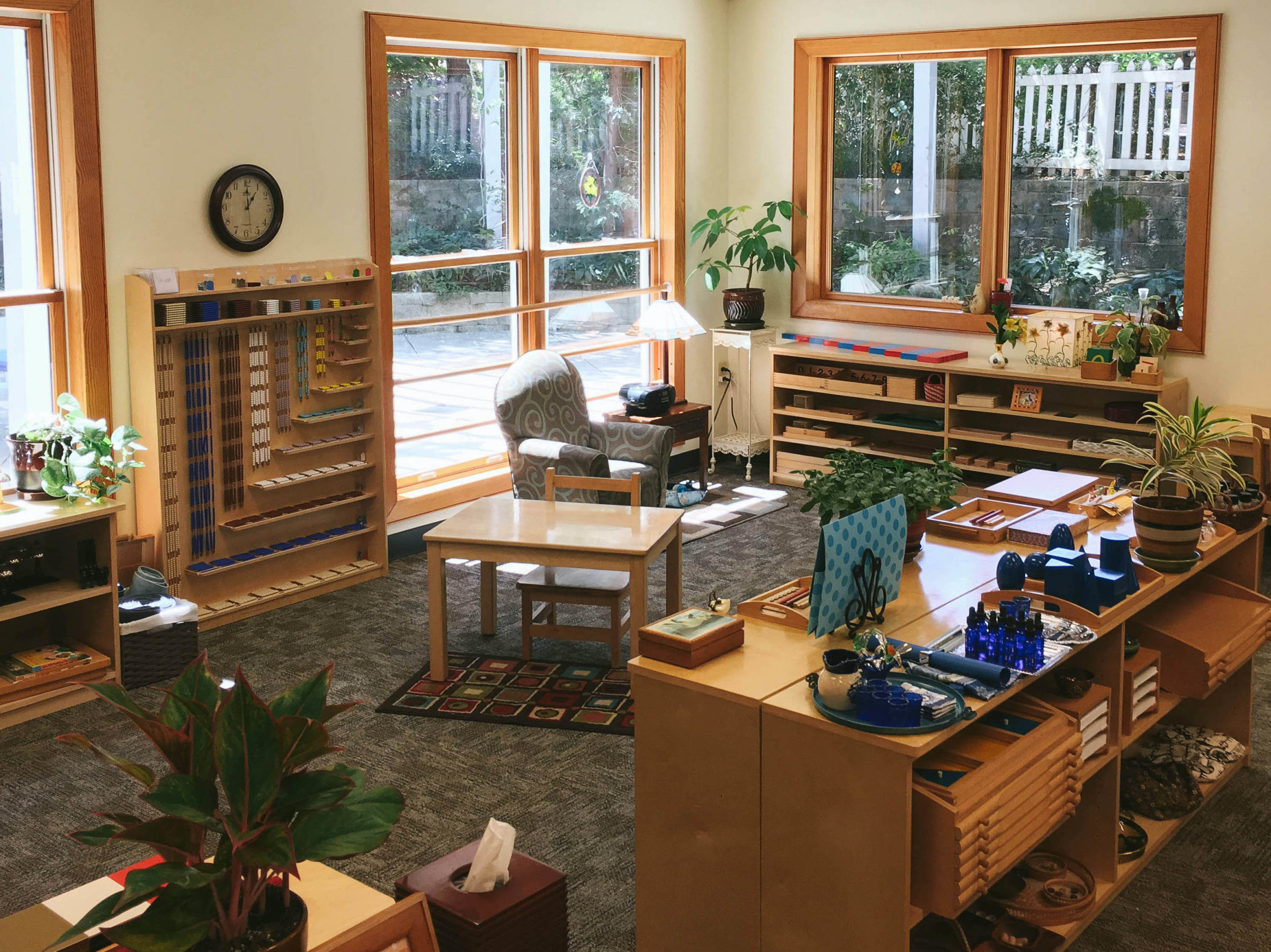The Tedium of Blossoming
Other Good Things
 © The Great Discontent
© The Great Discontent
The good folks at The Great Discontent, who you should definitely follow, published a wonderfully candid interview with Maria Popova, of whom we are a great admirer. You can read the interview here.
We’re kind of in love with Maria Popova, and the tremendous amount of work that she does at Brain Pickings. The breadth and depth of her interventions, from her writings on literature and science, to art and design, are as aspirational as they are inspirational. She’s on to something…
In short, Maria Popova is a champion of education. She operates in a unique space, one that has learning, and what precisely it means to learn in our increasingly digital world, at its core.
In this lovely interview, Maria rightly identifies a very important and timely point. Namely, that knowledge is not something that can be downloaded.
Q: Did you have an “aha” moment when you knew that editing and curating, for lack of a better term, was something you wanted to do?
Maria Popova: “Not at all. I also don’t believe in the terrible, toxic myth of the “aha” moment. Progress is incremental for us, both as individual creative beings and together as a society and civilization. The flower doesn’t go from bud to blossom in one spritely burst. It’s just that culturally, we are not interested in the tedium of the blossoming. And yet that’s where all the real magic is in the making of one’s character and destiny.”
Take a moment and read that quote again. In just one sentence, Maria Popova manages to encapsulate the “problem of education”, i.e.: “culturally, we’re not interested in the tedium of blossoming“. That’s an incredible powerful thought, one that we thought we would try to elucidate briefly, with some concrete examples.

The myth that knowledge is instantaneous, is a myth that is perpetuated by a popular turn of phrase: one click and your done.
With the advent of new technologies, we have access to an unprecedented amount of information, in a remarkably expeditious fashion. Of course, there are many advantages to being able to instantly look something up, or have a book at your doorstep when you wake up.
However, we’re afraid that this line of thought is being confused, with what it means to actually learn. Is that process, or reasoning, the way “education” works? Can you imagine, for instance, learning Latin in an afternoon? No!
Learning takes time, and sometimes great effort, to come to understand something fully. Yet, the idea that knowledge is something that can be downloaded, is a notion that has become widespread in our current educational climate. Why?
We would wager that it’s because our society focuses on the product, instead of the process. As a society, we’re eager to see results, and less patient to await the trials and tribulations of the experiences that lead to those measurable improvements.
Only today, we discovered that one of our students had suddenly, almost miraculaously, started writing / reading. He wanted to write a story about “pheasants and baseball”.

While it may seem to the entire world that this boy instantly started reading, it took magnificent strides to reach this point. Ms. Wood, who has carefully and consistently been working with him, was nearly in tears.
“He’s doing it,” she said.

She also noted what a process it has been, from when he first walked into the classroom, not knowing his sounds or letters, let alone being able to form them into phonetic words, to be able to construct a sentence, to execute a thought. Imagine the confidence that this student feels, taking pride in his work, and struggles.

Montessori herself employs the metaphor of the flower. “It is like the sun which appears at dawn or a flower just beginning to bloom. Education cannot be effective unless it helps a child to open up himself to life.” We must be patient. We must be persistent. We must support and embrace the child, following their interests, as they come to blossom.

Thank you, Maria, for helping us see the sunlight, and better understanding what it means to nurture. Carrying on…
(This story reads, “The Mighty Pheasants play baseball. Reggie and Joe are good players. They can bat.”)
Written by:
Bobby George



